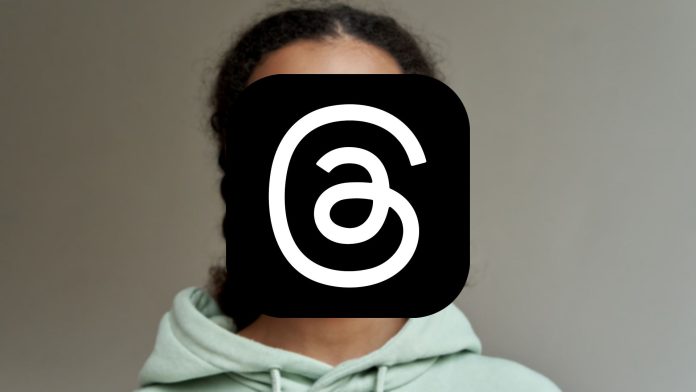In a bid to enhance online safety for teens, Meta has expanded its Instagram Teen Accounts by introducing new built-in restrictions aimed at limiting unwanted contact and inappropriate content. As small business owners increasingly rely on social media platforms to reach younger audiences and develop brand loyalty, understanding these updates can offer key insights into audience engagement and responsible marketing.
Meta’s recent press release highlights the introduction of restrictions specifically tailored for Instagram Live and direct messages (DMs), which will significantly impact user interaction for teens under the age of 16. With this demographic’s online presence growing, small businesses hoping to connect with them must consider how these changes affect their marketing strategies.
Since the rollout of Teen Accounts last year, Meta reports that 97% of teens aged 13 to 15 have remained in these accounts, where they benefit from protective features intended to foster a safer environment online. These features include limiting direct messaging to only those users whom teens follow or have an established connection with, as well as automatic private settings for accounts.
Meta is now adding new restrictions that require parental permission for teens to use Instagram Live and to disable a feature that blurs images suspected of containing nudity in DMs. These changes, set to be implemented soon, come as part of a broader initiative to support parents, with Teen Account features expected to expand to Facebook and Messenger. This rollout targets regions like the US, UK, Canada, and Australia, with plans to extend to other markets.
The significance of these changes cannot be overstated, especially for small business owners looking to target young consumers. As teens become increasingly aware of privacy and safety, businesses may find greater value in adopting transparent marketing approaches that respect these concerns. Offering products and services that resonate with a socially responsible ethos could create a beneficial connection with this age group.
Furthermore, according to a recent Ipsos survey commissioned by Meta, parents show strong approval for the updates. An impressive 94% of surveyed parents find the Teen Accounts helpful, while 85% believe these accounts enable them to better assist their teens in navigating online experiences. Emphasizing these metrics can be pivotal for businesses, reassuring them that engaging with this demographic is not only viable but also advisable when done with a focus on safety.
However, challenges still exist as businesses rethink their strategies for reaching teen audiences. The increased restrictions may limit direct advertising opportunities and necessitate a shift toward more authentic content that fosters genuine engagement. For small businesses, this underscores the importance of crafting campaigns that align with the values of trust and security parents prioritize for their children.
Moreover, with parents now more engaged due to these protective measures, effective communication strategies will become essential. Understanding the concerns of parents and responding with assurance may enhance brand loyalty. Tailored messaging that illustrates a commitment to supporting teens’ online experiences can help establish a lasting relationship with both parents and their children.
This comprehensive approach not only contributes to a positive online environment but also elevates small businesses amidst a competitive landscape increasingly influenced by the need for safety and accountability in digital marketing.
As Meta continues to refine its Teen Accounts and expands protections, small business owners should stay informed about how these dynamics affect consumer behavior and marketing strategies. The changes present opportunities to represent a brand ethos that aligns with parental values while effectively reaching younger consumers.
For more information on the updates, visit the original post at Meta’s press release.
Image Via Envato: insta_photos



